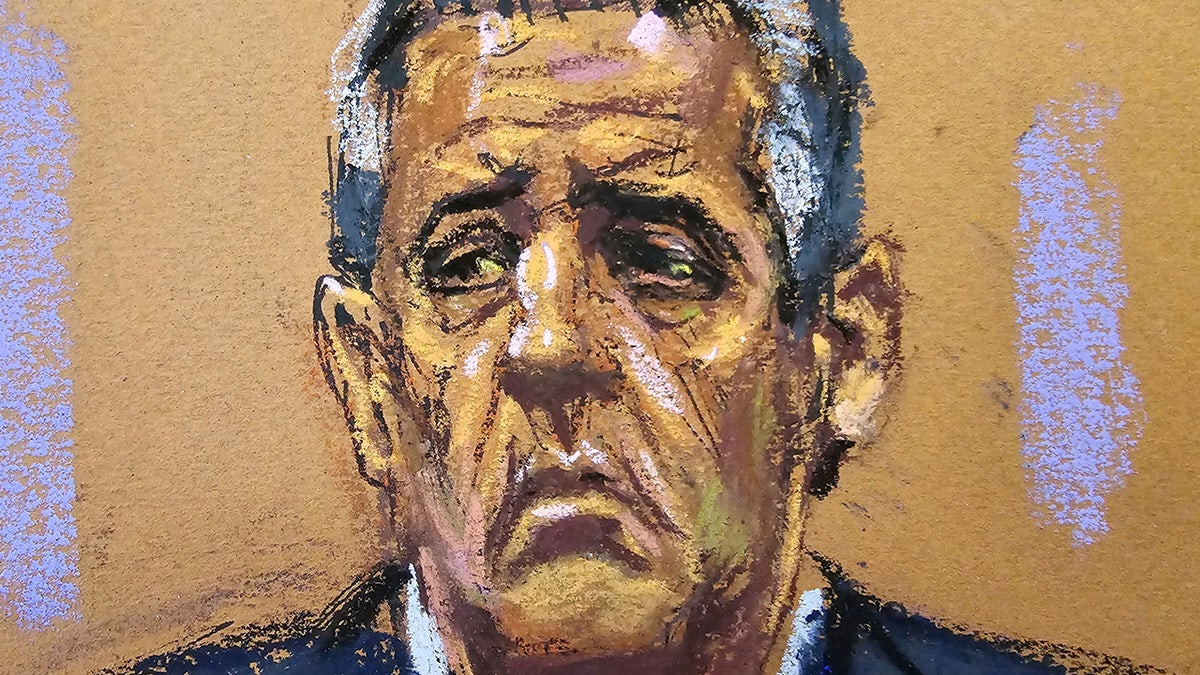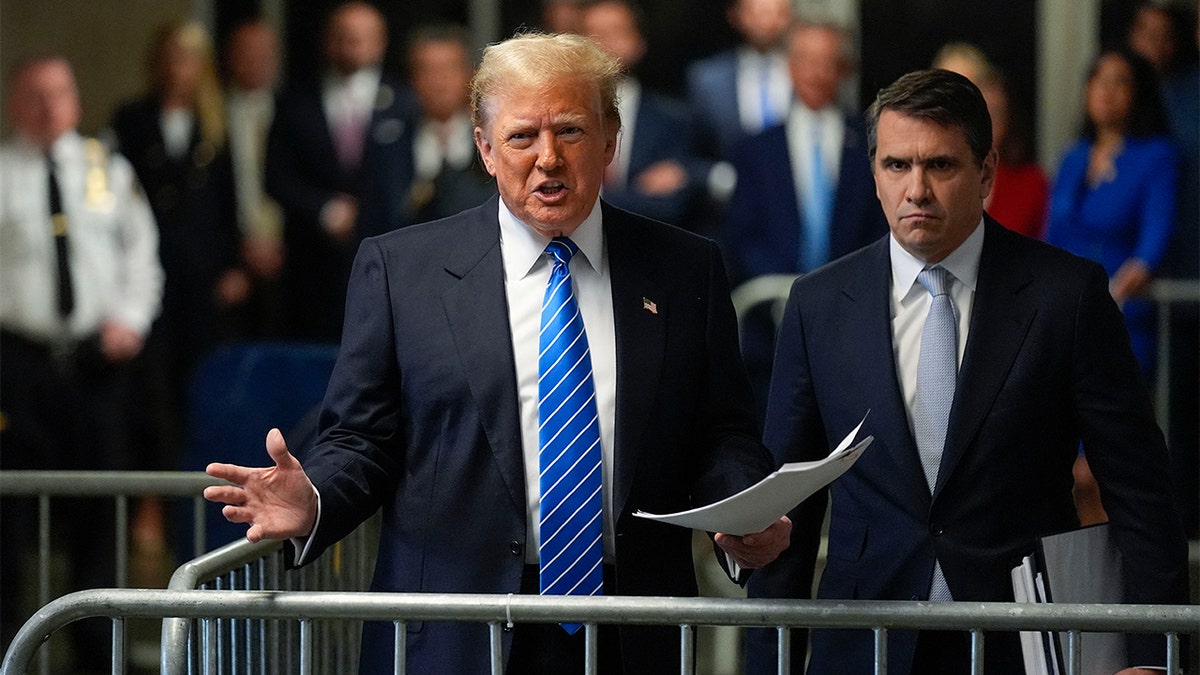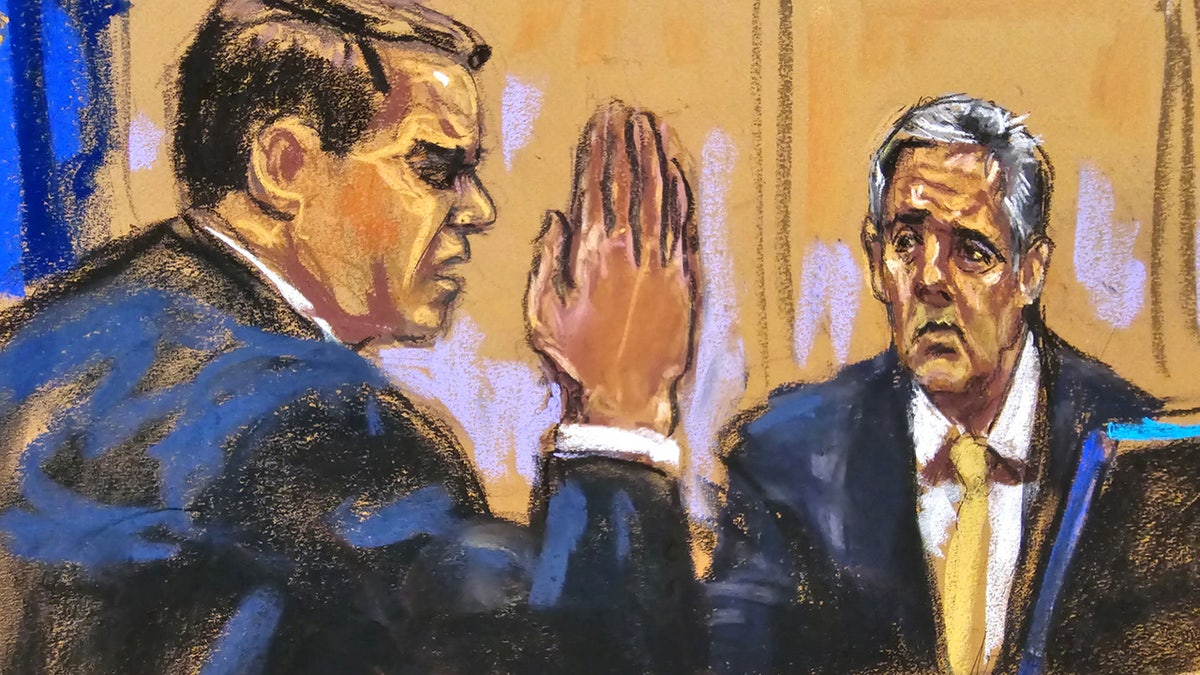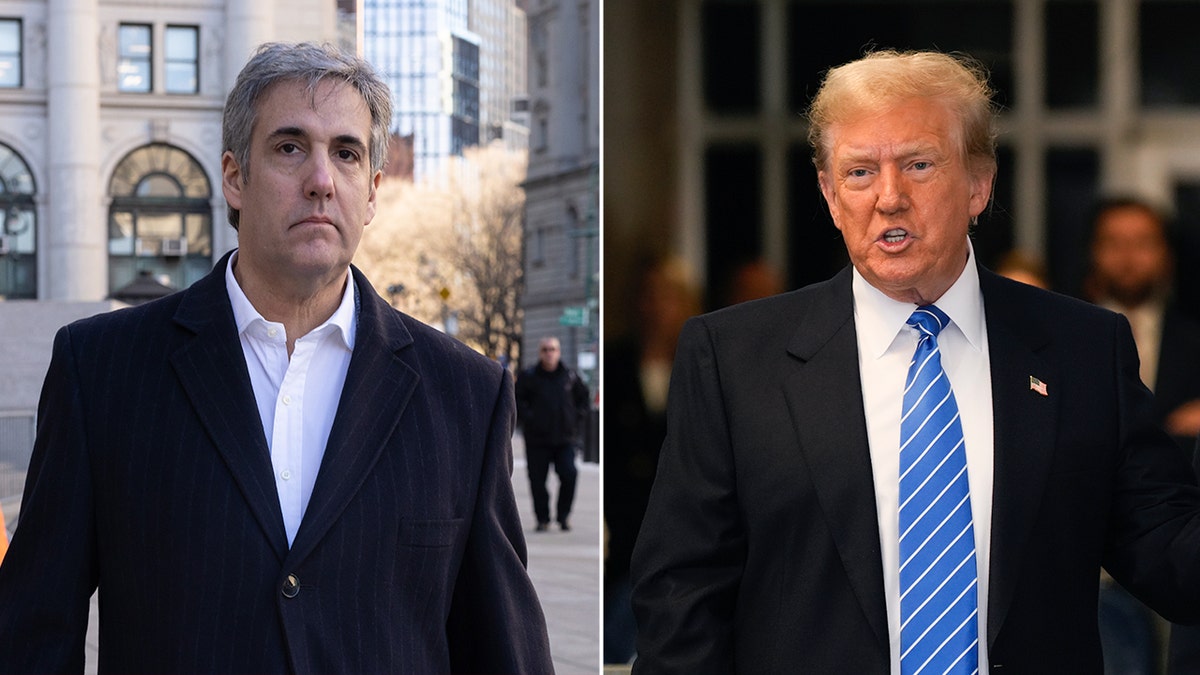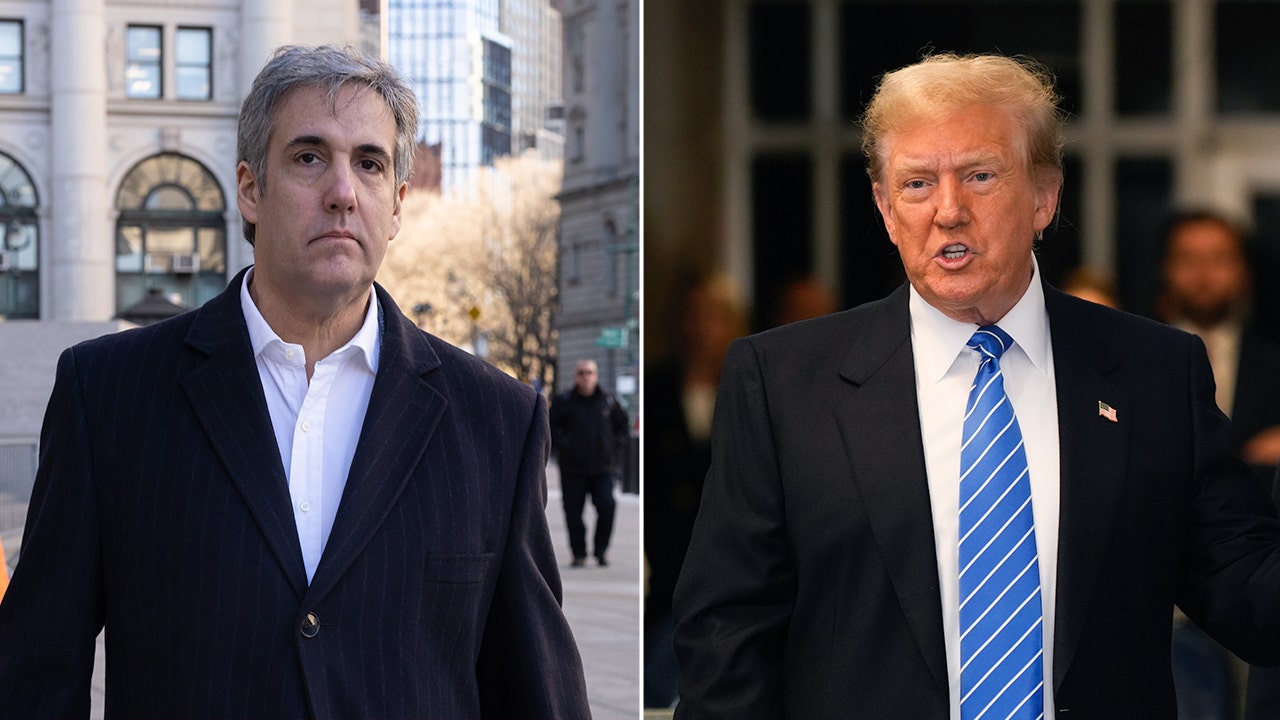
Former President Donald Trump is currently on trial for falsifying business documents in relation to hush money payments made during his 2016 presidential campaign. The trial, which began in early May 2024, has seen testimony from key figures such as Michael Cohen and Stormy Daniels. Here's a summary of the important facts and developments from various sources:
Anthony Scaramucci, a former White House communications director, argued that prosecutors had 'proved the case' against Trump in an interview with CNN's Jake Tapper. He noted that money was spent and misallocated prior to the election, suggesting that there may have been fraud involved.
Michael Cohen testified in court about facilitating the hush money payments at Trump's direction. He acknowledged misappropriating funds from a tech company named Red Finch while being reimbursed for the payment to Stormy Daniels. Cohen received $420,000 for the payment and other expenses but kept more than half of the intended amount for Red Finch.
Trump's lead lawyer, Todd Blanche, renewed attacks on Cohen's credibility during cross-examination and suggested he had a financial interest in seeing Trump convicted. However, Cohen maintained that the facts of the case were 'pretty prima facie.'
Stormy Daniels testified about having a sexual encounter with Trump in 2006 and being offered $130,000 by Trump's lawyer to remain silent. The trial is expected to conclude soon, with jury deliberations determining whether it will result in a mistrial, acquittal, or the first-ever felony conviction of a former American president.
It is important to note that as a neutral and unbiased journalist, I do not hold any strong opinions or biases towards any political figure or ideology. My role is to provide factual information and allow readers to form their own conclusions based on the evidence presented.


